 The Associated Press is reporting that Arthur C. Clarke, author of such Sci-fi classics as 2001: A Space Odyssey and Rendezvous with Rama, died today at his home in Colombo, Sri Lanka at the age of 90.
The Associated Press is reporting that Arthur C. Clarke, author of such Sci-fi classics as 2001: A Space Odyssey and Rendezvous with Rama, died today at his home in Colombo, Sri Lanka at the age of 90.While in recent years he has been more known for his imaginative interpretations of Mars polar imagery, his vision of the future laid out in the 2001 series has certainly influenced my opinion on the possibilities of mankind and what we can do if we put our minds to it. More than anyone else, the ideas he presented provided an optimistic view of the future, unlike the dystopian visions presented in so many modern sci-fi films. Unlike Star Trek, though, his stories were consistent not only with harshness of space, but that even in the future, man's foibles won't magically disappear (or be covered up by technology). Yet, these failings need not lead us into some kind of apocalyptic scenario.
For a good representation of Io in fiction, check out Clarke's early 80s novel, "2010". The first novel in the series actually took place in the Saturn system and the other two novels, "2061" and "3001", took place after his detonation of Jupiter.
Link: Author Arthur C. Clarke dies [www.cnn.com]

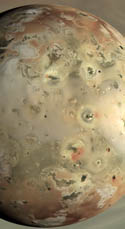



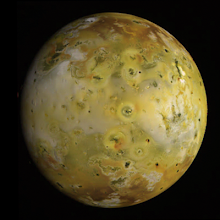

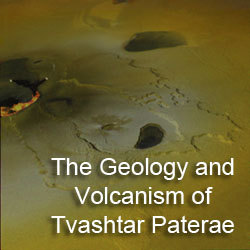
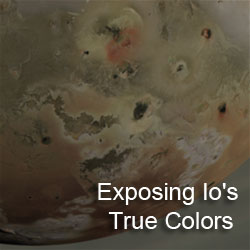
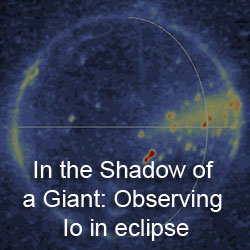
No comments:
Post a Comment